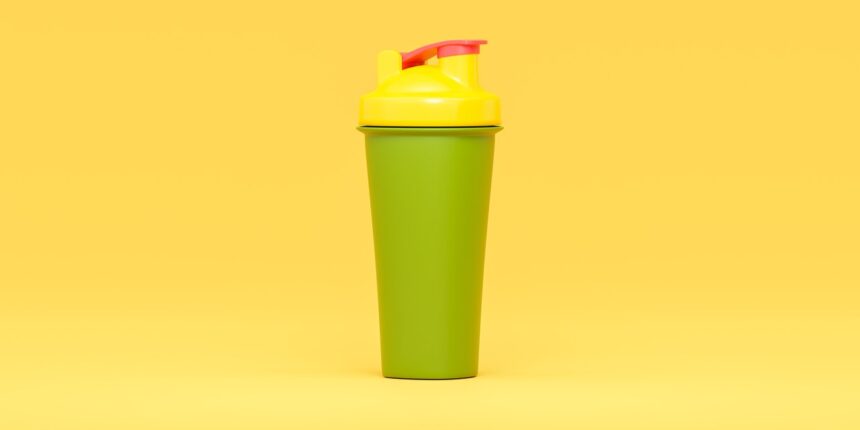Whether you prefer to lift weights, run for miles, or play a casual game of pick-up basketball, you might not think twice about downing a protein shake after a hard workout. After all, they pack a hefty dose of that muscle-building macro. So that automatically makes them a healthy choice…right?
Unfortunately, the question “Are protein shakes good for you?” can’t really be answered with a straightforward “yes” or “no.” Everyone is different—and so is every variety of protein shake—so we can’t say for sure that any one is or isn’t good for you specifically. Ultimately, it depends on a bunch of different factors, including your nutrition and fitness goals, the ingredients in the shake, and how your system reacts to them.
That said, it’s still possible to draw some broad conclusions about the overall health benefits of protein shakes (and their potential drawbacks). To get the lowdown, SELF reached out to a few sports dietitians to examine the issue. Read on to find out how it all shakes out.
So what are the nutritional benefits of protein shakes?
Obviously, these drinks are a convenient way to take in a lot of their namesake nutrient: protein. In fact, one shake should really contain at least 20 grams of protein, Jessica Isaacs, RD, CSSD, a sports dietitian who specializes in performance nutrition for elite athletes, tells SELF. “Any less than that, then I wouldn’t really qualify it as a protein shake,” she says. Yes, protein helps build muscle mass (and allows the tissue to repair from the tiny tears caused by exercise), but it’s also involved in a bunch of other integral processes, like forming blood cells and supporting immune health. Shakes that are whey protein-based, soy protein-based, or pea protein-based “are going to be the best sources,” Isaacs says.
What’s more, shakes may be the most practical vehicle for this depending on your circumstances and protein needs. For one, they may be easier to get down after a hard workout than food sources, since intense exercise is known to sap your appetite. Besides, they don’t require you to cook or sit down for a meal—you can just grab and go. This makes them super convenient for busy days or when you “just don’t have the appetite for a big piece of chicken,” Isaacs says. Plus, thanks to their liquid content, they’ll help rehydrate you by replacing the fluids you lost during exercise.
Read the full article here



